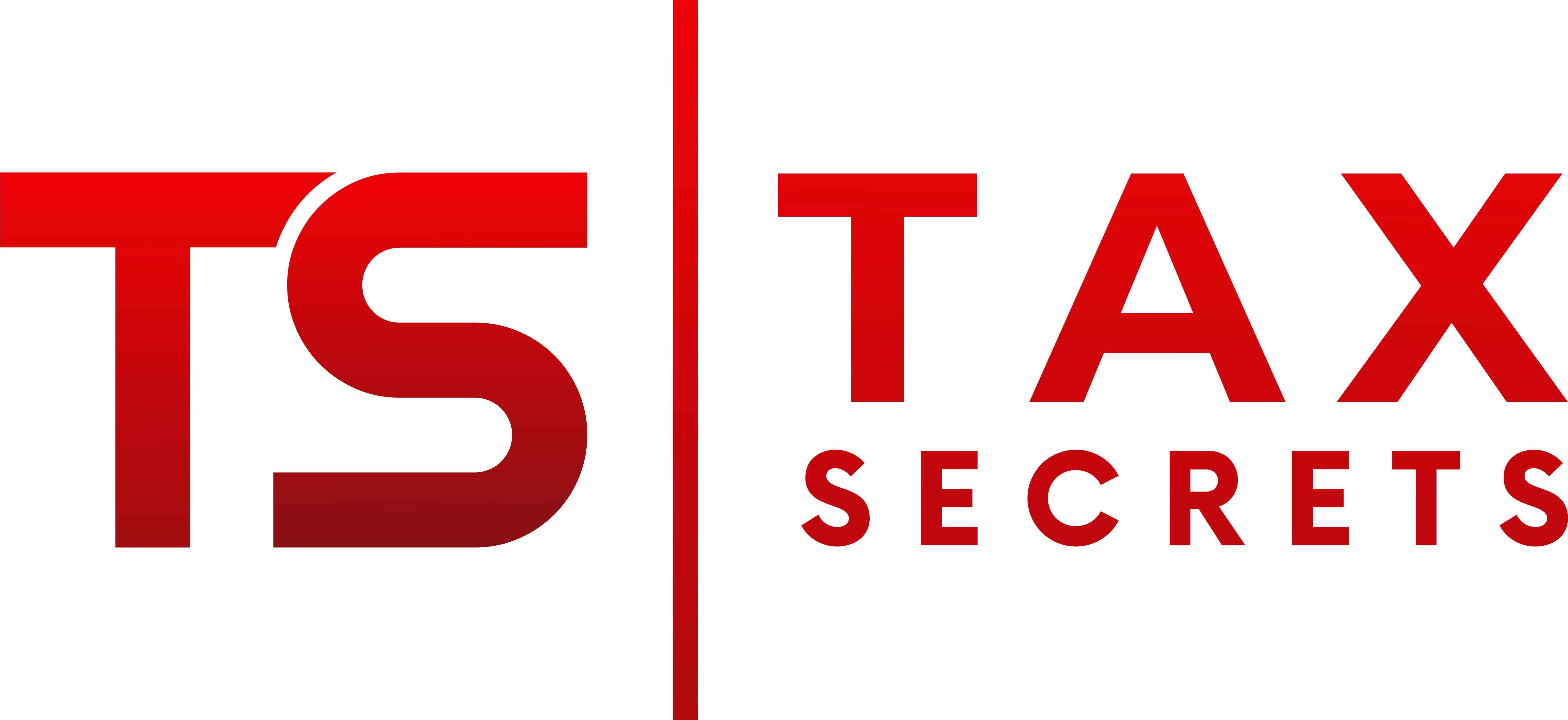Essential Steps to Prepare for a Stress-Free Tax Appointment
Article Highlights:
- Your Tax Appointment
- Understanding the Importance of Tax Preparation
- Gathering Documents
- Tax Organizer
- Income Statements
- Schedule K-1s
- Expense Records
- Investment Information
- Identifying Numbers
- Consider Life Changes
- Maximize Deductions and Credits
- Plan for the Future
This day and age a tax appointment can be in person, by video conferencing, by mail, phone or a combination of the four.
Preparing for a tax appointment can be a daunting task, but with the right approach and organization, it can be a smooth and efficient process. This article will guide you through the steps necessary to prepare for your tax appointment, ensuring that you maximize your deductions and minimize your stress.
Understanding the Importance of Tax Preparation
Tax preparation is not just about gathering documents to hand over to your tax return preparer; it’s about understanding your financial situation and ensuring compliance with tax laws. Proper preparation can lead to significant savings and prevent potential issues with the IRS. By taking the time to prepare, you can make the most of your tax appointment and ensure that our firm has all the information needed to file an accurate return.
Step 1: Gather Your Documents
The first step in preparing for your tax appointment is to gather all necessary documents. This includes:
- Tax Organizer: Our tax preparation firm will provide you with a tax organizer prior to your appointment. Take the time to complete the organizer and answer all the questions. These questions are designed to uncover potential tax deductions and tax credits and ensure compliance with your tax filing obligations.
- Income Statements: Collect all W-2s, 1099s, and other income statements. These documents report your earnings from employment, freelance work, investments, and other sources. These documents are required to be mailed or provided to you by January 31, 2025, by the companies and individuals who paid you.
- Schedule K-1s: A Schedule K-1 must be made available to taxpayers by the entity responsible for issuing it, typically by the due date of the entity’s tax return. For partnerships, S corporations, and estates or trusts, this is generally March 15th for calendar year filers. This allows the recipients of the K-1, such as partners, shareholders, or beneficiaries, to report their share of income, deductions, and credits on their personal tax returns, which are due by April 15th. If the entity has received an extension for filing its return, the K-1s should be provided as soon as possible to allow recipients adequate time to file their individual returns. Quite often K-1s will not be available by the April 15, 2025, filing due date. So, individuals in this situation will need to file an extension request and pay the tax they expect to owe by their regular due date. As a result, if these circumstances apply to you, it is important to keep your pre-April 15 appointment, so your information needed to prepare a timely extension is available.
- Expense Records: Gather receipts and records for deductible expenses. This includes medical expenses, charitable donations, mortgage interest, and if you are self-employed, business expenses. Include the documented amounts on the organizer or supply a supplemental record.
- Investment Information: If you have investments, gather statements that show dividends, interest, sales and capital gains or losses. If you have brokerage accounts, the dealers will provide you with a multi-page statement that shows your investment income and transactions for the year that will provide the needed information.
- Identifying Numbers: Ensure you have the Social Security numbers for yourself, your spouse, and any dependents. For individuals, this typically includes your Social Security Number (SSN) or Individual Taxpayer Identification Number (ITIN). Businesses must provide their Employer Identification Number (EIN). These numbers are crucial for verifying your identity and linking your tax return to your financial records. If you used this tax preparation firm last year, we will have these numbers unless there have been additions.
- Previous Tax Returns: Having last year’s tax return can provide a useful reference and help your tax preparer understand your financial history. If you used this tax preparation firm last year, we will have a copy of your prior year return.

